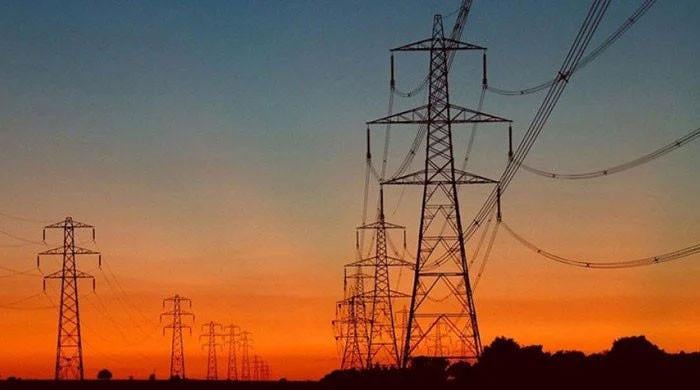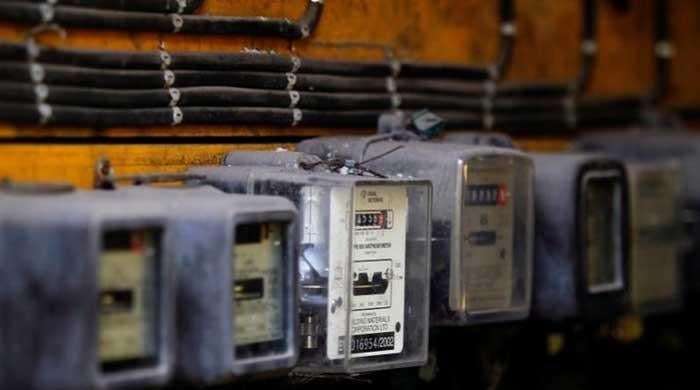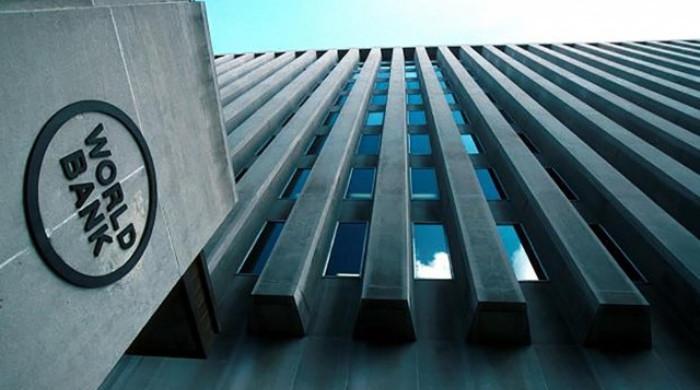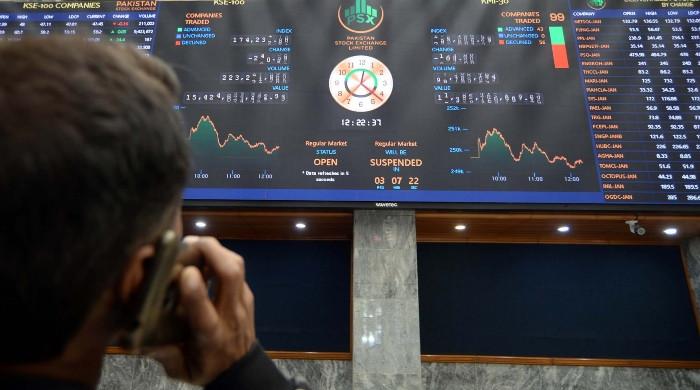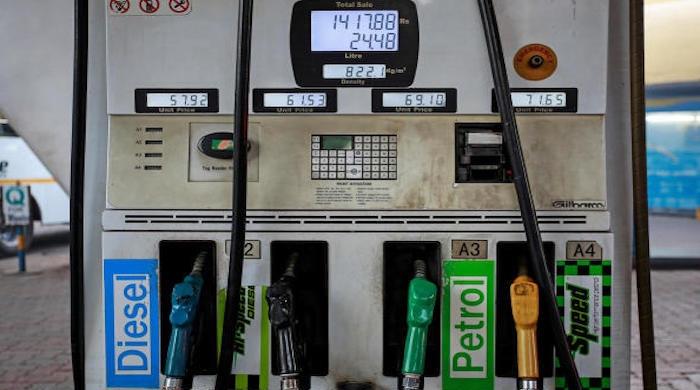Pakistan issues $1b Sukuk bond after four-year hiatus
Launch of Sukuk bond before revival of IMF programme does not make sense, argue independent economists
January 25, 2022

- Pakistan re-enters Islamic denominated Sukuk Bond to raise $1 billion at highest yield ever offered in country.
- Country has so far raised $2 billion during current fiscal year through issuance of international bonds.
- It launched Sukuk Bond in 2014-15 at fixed rate of 6.75% to raise $1 billion.
ISLAMABAD: Pakistan, after a four-year hiatus, re-entered the Islamic-denominated Sukuk Bond market on Monday, to raise $1 billion at an offered yield of 7.95%, as compared to the initial price targeting range of 8.25 to 8.37%, The News reported.
It is most likely the highest yield ever offered for the asset-backed Islamic Sukuk bond in Pakistan.
PTI, when it was in the Opposition in the previous regime, had always objected to the Sukuk bond, claiming that the country's assets were mortgaged to obtain loans.
However, some of the cabinet members still opposed the bond whenever the summary to launch the Sukuk Bond was tabled before them in the three-and-a-half years of PTI rule.
In response to rising external vulnerability, Pakistan has so far raised $2 billion during the current fiscal year through the issuance of international bonds against the budgetary projection of $3.5 billion for the current fiscal year 2021-22.
Pakistan had raised $1 billion through the Eurobond in July 2021 and now $1 billion is targeted through the Sukuk Bond in January 2022.
Pakistan had launched the Sukuk Bond in 2014-15 at a fixed rate of 6.75% for raising $1 billion. Islamabad launched $1 billion Sukuk Bond for five years in October 2016 at the rate of 5.5 percent, then in December 2017 at the rate of 5.625 percent respectively.
The highest-ever rate is now being offered on Sukuk Bond despite the government's claims that the country’s economy has stabilised. Many independent economists argued that the launching of Sukuk Bond before the revival of the IMF programme does not make sense.
This could have been better priced if the IMF was on board. Pakistan has done everything to get the IMF back but it does not make sense to hurry to raise the cost of long-term debt.
The government placed an asset-backed guarantee of Motorway (M-2) portions for launching the $1 billion Sukuk Bond. It has established a Special Purpose Vehicle (SPV) for the launching of the Sukuk Bond.
Pakistan has always adopted the Malaysian model to launch its international bonds as it is linked with the US treasury over LIBOR (London Inter-Bank Offered Rates) for providing mark-up to investors. In the Dubai model, the construction index is developed where the mark up is linked with an increase or decrease into the construction index of any asset.
Pakistan’s liquid foreign reserves stood at over $17 billion held by the State Bank of Pakistan. The foreign currency reserves held by the SBP were reduced by $562 million last week.
In the last few months, the foreign currency reserves reduced by over $3 billion despite getting inflows from Saudi Arabia on account of $3 billion deposits and $2 billion from the IMF.
The country’s current account deficit widened to $9.1 billion in the first half (July-Dec) period of the current fiscal year and with the existing pace, it may touch the $18 billion mark. However, Pakistani authorities are expecting that the POL prices in the international market might reduce in the coming months and logistics cost through sea might also witness a dip, so the overall pressure on imports might recede in coming months.




